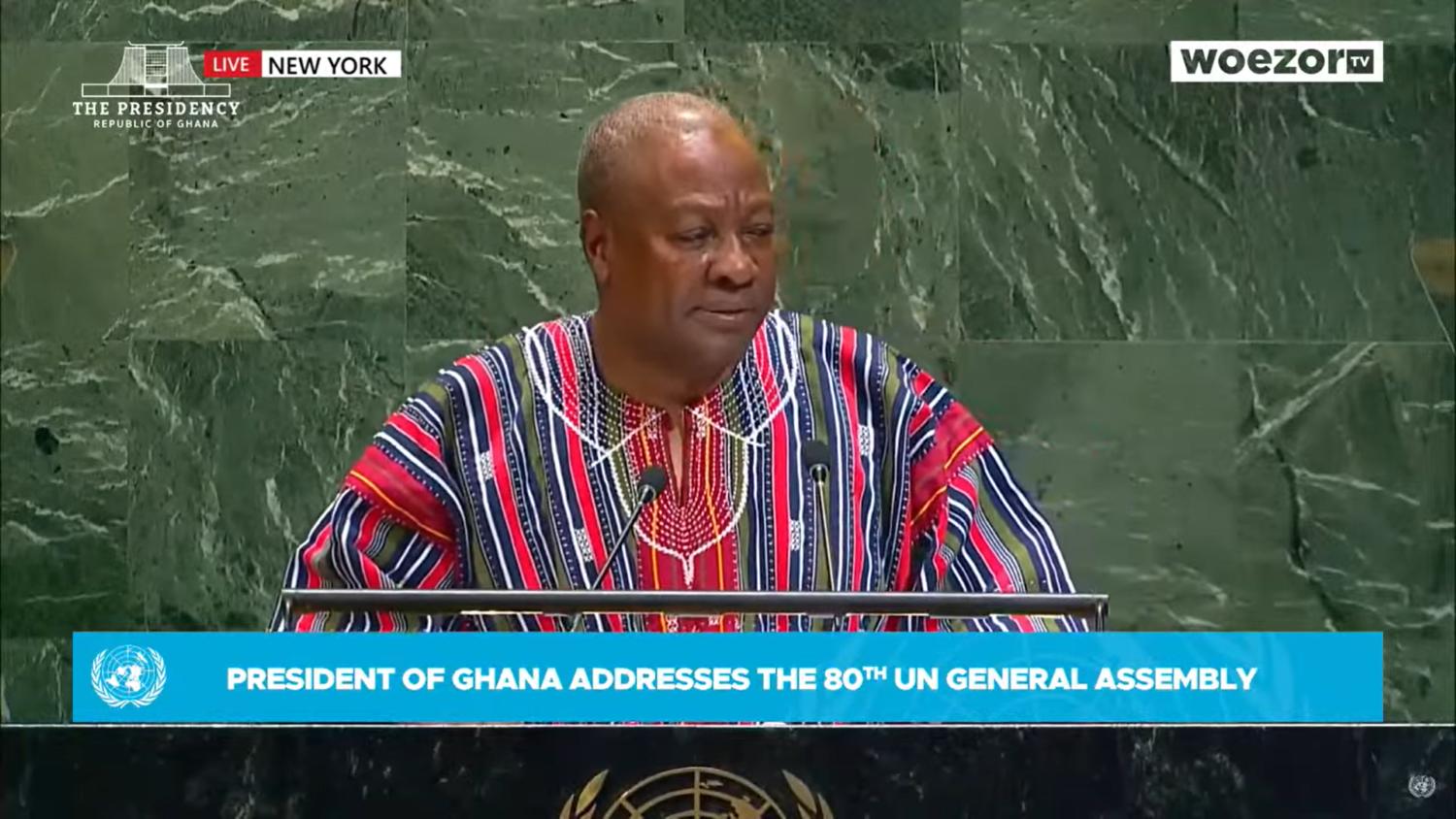Warning: This article can be very eye-opening and may cause you to recognize you are the casualty in a relationship with a quiet quitter. Alternatively, you may recognize that you have been quiet quitting your relationship knowingly or uncoconsciously.
Take the Quiz. Read this article first then take the quiz to see where your relationship measures up.
Quiet Quitting: The Other Kind of Heartbreaks
Breakups are universally recognized as one of the most painful experiences in life. The sudden end of a relationship can leave you heartbroken, devastated, and in deep emotional pain. This is because something or someone you deeply care about is abruptly ripped from your life. But what happens when the breakup isn’t sudden or dramatic? Instead, what if your partner gradually withdraws, disengages emotionally, and quietly quits the relationship? This article delves into the phenomenon of quiet quitting in relationships, exploring how these cowards, who would rather waste your time than face the truth, might inadvertently be doing you a favor by causing less emotional trauma and making it easier to move on.
The Nature of Traditional Breakups
Traditional breakups are often compared to undergoing heart surgery. They are sudden, painful, and require a significant amount of time and effort to recover from. The emotional devastation that accompanies a typical breakup can leave deep scars, making it difficult for individuals to move on and open up to new relationships. The abrupt nature of such breakups can be likened to having your heart ripped out, leaving you feeling lost and in immense pain.
Breakups are often characterized by intense emotional upheaval. The pain of losing someone you love can be overwhelming, causing feelings of loneliness, despair, and anxiety. The immediate aftermath of a breakup is filled with raw emotions, as individuals grapple with the sudden void in their lives. This period is marked by a tumultuous rollercoaster of feelings, making it hard to think clearly or make rational decisions.
The physical symptoms of heartbreak can also be debilitating. Many people experience a loss of appetite, difficulty sleeping, and a general lack of motivation. The body reacts to emotional pain in ways that mirror physical pain, further complicating the healing process. This is why traditional breakups can feel so all-consuming and exhausting, both mentally and physically.
Understanding Quiet Quitting in Relationships
Quiet quitting in relationships is a more subtle and insidious form of disengagement. It involves one partner gradually withdrawing from the relationship, emotionally disengaging, and reducing their efforts and investment without formally ending the relationship. This behavior is marked by less communication, decreased affection, and minimal participation in shared activities. The quiet quitter avoids confrontation and prolongs the inevitable, often out of cowardice or fear of facing the truth.
Quiet quitting is not a sudden decision but a gradual process. It often starts with small changes in behavior that may go unnoticed at first. The quiet quitter begins to pull away, becoming less responsive and less engaged in the relationship. Over time, these small changes accumulate, leading to a significant emotional distance between the partners.
The motivations behind quiet quitting can vary. Some individuals may feel trapped in the relationship but fear the consequences of a direct breakup. Others may hope that their partner will eventually end the relationship for them, sparing them the guilt and responsibility. Regardless of the reasons, quiet quitting is fundamentally an act of avoidance and cowardice.
No response, is a response. Saying it’s over creates a clean break. Clean brakes allow for you to have a definite endpoint and a place to start healing from. Supposed to say, the absence of a defined ending can be traumatic, in and of itself, especially given that there’s no closure. But, a tapering ending can leave a smaller wound.
The Paradoxical Benefit: Less Trauma, Easier Recovery
Despite the cowardice of quiet quitters, their gradual withdrawal can paradoxically benefit their partners. As the quiet quitter emotionally disengages over time, the shock and pain of the eventual breakup are lessened. The comparison to medical procedures becomes apt here: while traditional breakups are akin to heart surgery, quiet quitting is more like a paper cut. It stings and may bleed a bit, but once the bleeding stops, you realize it’s a superficial wound that will heal quickly and without a scar.
Examples and anecdotes from individuals who have experienced quiet quitting often reveal that, despite the initial confusion and frustration, they found it easier to move on. The gradual emotional detachment allowed them to process their feelings over time, making the final breakup less traumatic and more manageable.
One woman, for example, shared how her partner’s gradual disengagement initially left her feeling confused and hurt. However, as time went on, she began to emotionally detach as well, preparing herself for the end of the relationship. When the breakup finally happened, she found it to be a relief rather than a devastating blow. The slow erosion of the relationship had already allowed her to grieve and come to terms with the end.
Personal Anecdote
John, a 35-year-old marketing executive, recounted his experience with quiet quitting. His partner of five years, Emily, began to withdraw slowly. At first, John attributed Emily’s behavior to stress at work. However, months went by, and Emily’s emotional distance grew. “It was like living with a ghost,” John said. “She was physically present but emotionally absent.”
John tried to address the issue multiple times, but Emily always deflected, claiming everything was fine. Eventually, John realized that Emily was quietly quitting the relationship. “By the time we officially broke up, I had already gone through most of the grieving process,” John explained. “Her gradual disengagement gave me time to detach emotionally. When it ended, I was more relieved than heartbroken.”
The Impact on the Quiet Quitter’s Partner
Partners of quiet quitters initially experience confusion and frustration. They feel neglected and undervalued, wondering why their once-loving partner has become distant and unresponsive. Over time, this emotional detachment can lead the partner to mirror the quiet quitter’s behavior, gradually preparing themselves for the inevitable end of the relationship.
The slow nature of quiet quitting allows the partner to process the loss in stages. Unlike the sudden shock of a traditional breakup, the gradual withdrawal provides a buffer period where emotions can be managed more effectively. This phased approach to separation can make the final breakup less jarring and more of a formality.
However, the experience is not without its own challenges. The partner of a quiet quitter may endure prolonged periods of uncertainty and self-doubt. They might question their worth and wonder what they did wrong to cause their partner’s disengagement. This period of limbo can be emotionally taxing, even if it ultimately leads to an easier breakup.
Expert Opinion on Quiet Quitting
Dr. Samantha, a relationship counselor with over 20 years of experience, emphasizes that quiet quitting can leave lingering effects. “While the gradual withdrawal might make the breakup itself less shocking, the prolonged period of emotional neglect can deeply affect self-esteem,” she explains. “Partners of quiet quitters often come out of the relationship feeling inadequate and questioning their value.”
Dr. Roberts advises individuals in such situations to seek therapy or counseling. “It’s essential to address these feelings head-on. A professional can help you rebuild your self-worth and understand that the quiet quitting was more about your partner’s inability to communicate effectively than your worth as a person.”
Expert Advice
Dr. Catherine Packer-Williams, a psychologist specializing in relationships, suggests a step-by-step approach to dealing with a quiet quitter. “First, gather your thoughts and identify specific behaviors that indicate emotional withdrawal,” he advises. “Next, find a calm moment to discuss your observations with your partner. Use ‘I’ statements to express your feelings without placing blame.”
Dr. Johnson also recommends setting boundaries and being prepared to take action if the quiet quitter continues to disengage. “If your partner is unwilling to work on the relationship, it may be necessary to end it. Prolonging a relationship with a quiet quitter only extends the emotional strain and delays the healing process.”
Psychologists Weigh in on Quiet Quitting
Dr. Mawiyah Kambon, a prominent Black psychologist, offers a unique perspective on the issue. “Quiet quitting can be particularly damaging in communities where emotional expression is already stigmatized,” she explains. “In many Black communities, there’s a cultural expectation to ‘tough it out’ and not show vulnerability. This can make the experience of quiet quitting even more isolating and confusing.”
Dr. Kambon highlights the importance of open communication and seeking support. “It’s crucial to break the cycle of emotional suppression. Encourage honest conversations about feelings and seek out supportive networks, whether through friends, family, or professional counseling. Healing requires acknowledging the pain and working through it, rather than avoiding it.”
Comparative Analysis
Comparing quiet quitting to other types of relationship endings, such as ghosting or mutual breakups, reveals interesting contrasts. Ghosting, where one partner abruptly cuts off all communication without explanation, can be even more bewildering and painful than quiet quitting. The sudden disappearance leaves the partner with no closure, leading to prolonged confusion and hurt.
Mutual breakups, on the other hand, involve open communication and a shared decision to part ways. While they can be painful, mutual breakups often allow for a more respectful and amicable separation. Both partners have the opportunity to express their feelings and reach a mutual understanding, which can aid in the healing process.
Quiet quitting falls somewhere in between these extremes. It lacks the abruptness of ghosting but also misses the clarity and respect of a mutual breakup. The emotional toll of quiet quitting is gradual, leading to a slower but often less traumatic end.
Cultural and Historical Context
Cultural perceptions of quiet quitting can vary significantly. In some cultures, direct confrontation is discouraged, and people may prefer indirect methods of resolving conflicts, including ending relationships. In these contexts, quiet quitting might be seen as a more acceptable or even expected approach.
Historically, societal norms around relationships have also influenced how breakups are handled. In eras where divorce or separation was heavily stigmatized, individuals might have resorted to quiet quitting to avoid social backlash. Understanding these cultural and historical factors can provide deeper insight into why quiet quitting occurs and how it is perceived.
Conclusion
Quiet quitters in relationships, despite their cowardice and lack of integrity, may inadvertently ease the breakup process by causing less emotional trauma. Their gradual withdrawal allows their partners to process their emotions over time, making the final breakup less devastating. However, this does not excuse the quiet quitter’s behavior. Honesty, directness, and integrity are vital in ending relationships, ensuring both parties can move on healthily and respectfully.
In the end, quiet quitting is a flawed approach to ending relationships. It reflects a lack of courage and
respect for one’s partner, undermining the very foundations of trust and communication that relationships are built upon. While the gradual withdrawal of a quiet quitter might make the breakup less traumatic, it is no substitute for the honesty and directness that are essential for a healthy emotional life. As individuals, we should strive to face our relationship challenges head-on, embracing the difficult conversations and decisions that ultimately lead to growth and resilience. Only through such integrity can we hope to build and maintain relationships that are truly fulfilling and meaningful.
Quiz: Is Your Relationship Suffering from Quiet Quitting. Take the quiz to find out.
How often do you and your partner have meaningful conversations?
A) Daily
B) Weekly
C) Rarely
D) Almost never
2. Emotional Connection
Do you feel emotionally connected to your partner?
A) Yes, very much so
B) Sometimes
C) Rarely
D) Not at all
3. Physical Intimacy
How often do you engage in physical intimacy with your partner? It used to be normal but now it is
A) Frequently
B) Occasionally
C) Rarely
D) Never
4. Future Planning
Do you and your partner discuss future plans together? We did before but now it is
A) As Often
B) Sometimes
C) Rarely
D) Never
5. **Quality Time**
How often do you spend quality time together?
A) Almost every day
B) A few times a week
C) Once a month
D) Hardly ever
6. **Support**
Do you feel supported by your partner in your personal and professional life?
A) Always
B) Sometimes
C) Rarely
D) Never
7. **Conflict Resolution**
How do you and your partner handle disagreements?
A) We resolve them constructively
B) We sometimes resolve them
C) We often leave them unresolved
D) We avoid addressing them altogether
8. **Enjoyment**
Do you still enjoy spending time with your partner?
A) Yes, always
B) Most of the time
C) Occasionally
D) Rarely
9. **Affection**
How often do you express affection towards each other?
A) Daily
B) Weekly
C) Rarely
D) Almost never
10. **Mutual Interests**
Do you and your partner still share common interests and activities?
A) Yes, many
B) A few
C) Hardly any
D) None
—
### Scoring
– **Mostly A’s:** Your relationship seems strong and engaged.
– **Mostly B’s:** There may be areas to work on, but your relationship is generally healthy.
– **Mostly C’s:** You may be experiencing some signs of a quietly quitted relationship. Consider discussing these issues with your partner.
– **Mostly D’s:** Your relationship shows significant signs of quiet quitting. It may be time to have a serious conversation with your partner about your future together.
Reflect on your answers and use this quiz as a starting point to understand and address any concerns in your relationship.
5. Quality Time
How often do you spend quality time together?
A) Almost every day
B) A few times a week
C) Once a month
D) Hardly ever
6. Support
Do you feel supported by your partner in your personal and professional life?
A) Always
B) Sometimes
C) Rarely
D) Never
7. Conflict Resolution
How do you and your partner handle disagreements?
A) We resolve them constructively
B) We sometimes resolve them
C) We often leave them unresolved
D) We avoid addressing them altogether
8. Enjoyment
Do you still enjoy spending time with your partner?
A) Yes, always
B) Most of the time
C) Occasionally
D) Rarely
9. Affection
How often do you express affection towards each other?
A) Daily
B) Weekly
C) Rarely
D) Almost never
10. Mutual Interests
Do you and your partner still share common interests and activities?
A) Yes, many
B) A few
C) Hardly any
D) None
Scoring
- Mostly A’s: Your relationship seems strong and engaged.
- Mostly B’s: There may be areas to work on, but your relationship is generally healthy.
- Mostly C’s: You may be experiencing some signs of a quietly quitted relationship. Consider discussing these issues with your partner.
- Mostly D’s: Your relationship shows significant signs of quiet quitting. It may be time to have a serious conversation with your partner about your future together.
Reflect on your answers and use this quiz as a starting point to understand and address any concerns in your relationship.
NOTE: If you answered D, to number 7, this should be addressed as soon as possible for your relationship to have the best chance at survival over challenges that could occur.



